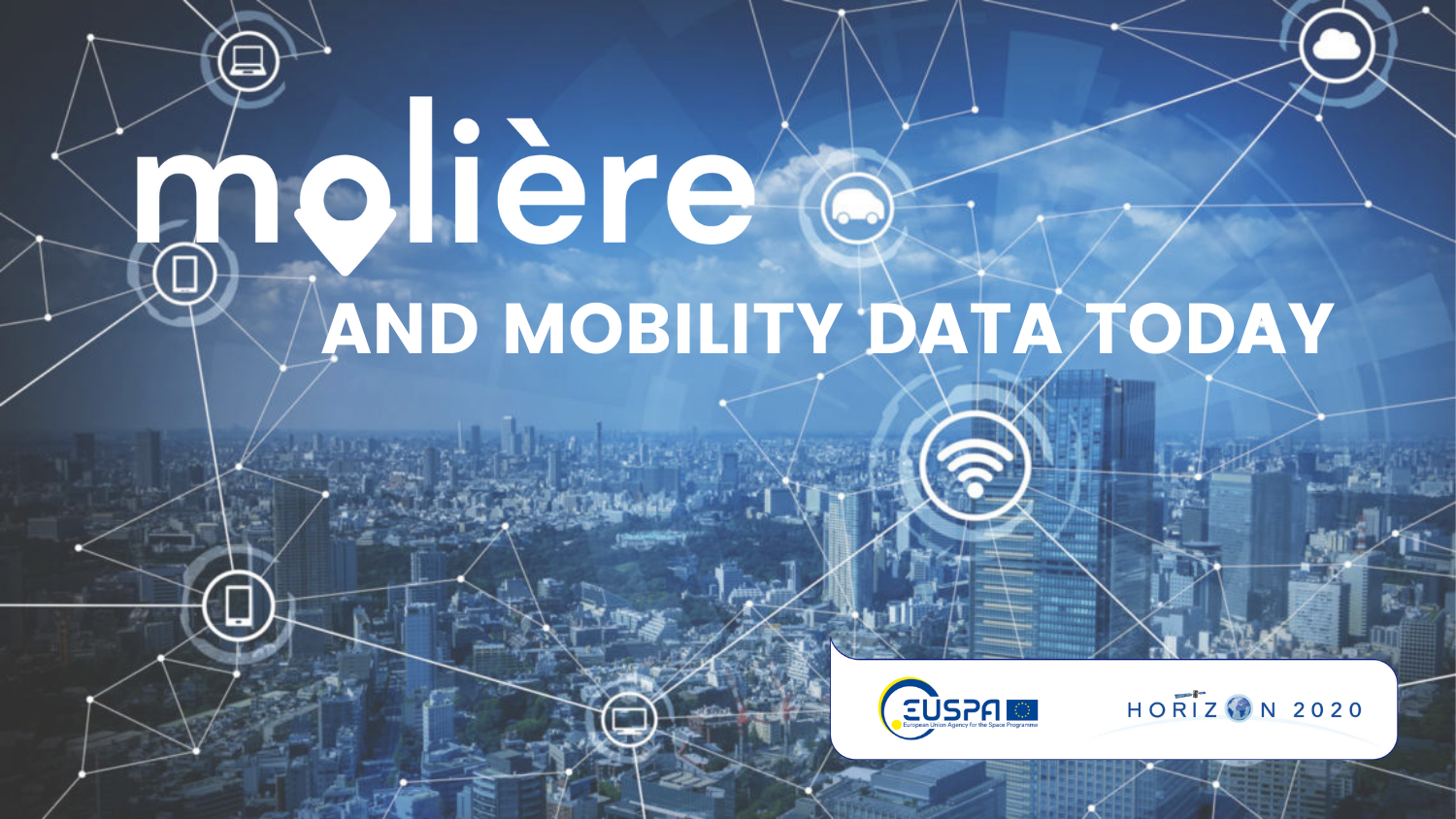CONTEXT
Mobility data has always been of interest to the public administration. Traditionally, data was obtained exclusively from public administration entities, from sensors in the roads or highways and public transport fleets. Today, data is derived from several public and private sources, from new business models and innovative modes of transport. Due to the population increase and the current rise of innovative means of transport (such as dockless vehicles, ride-hailing, delivery services and demand-responsive transit), urban mobility is becoming an important issue for society. The traditional choice of transport has been extended with flexible mobility services. In the near future, transportation choices will be extended further with new means of transport such as drones and autonomous cars. All of these choices produce mobility data.
Therefore, a new mobility data paradigm appears.
To improve transportation, Molière works with the mission of building the world’s best open data commons for mobility services, the “Wikipedia of public transport and new mobility data”, a Mobility Data Marketplace (MDM) underpinned by blockchain technology. This will raise the profile, visibility, availability and utility of geolocation data from Galileo.
In this context, cities realize that there is a need for data management, operator regulatory requirements and guidelines on the use of public space.
According to the World Economic Forum: “To unlock the value of data, organizations, whether in the public, private or third sector, must examine ways in which they store, integrate and process data. Furthermore, there is untapped potential in data that, if harnessed, can have implications for helping to solve societies’ biggest problems or creating new economic value.”
Several institutions work on data standardization for various issues. In the case of mobility, the key objective is to make mobility data useful to the main stakeholders in the ecosystem: the public administration, mobility operators and users.
Some goals for retrieving these data are:
- Knowing the shared vehicle fleet size that operates in the city
- Knowing its distribution
- Checking if vehicles are parked in an appropriate, safe location
- Supporting an urban planning definition to improve safety
- Making the connection between transport means more visible
- Informing users about road closures
However, some cities and private operators do not agree to provide these data. Mostly, they are concerned about privacy issues. In this framework, some questions arise: what data are retrieved? How are these data stored? Who will use them and how? Some of the aforementioned controversies are tackled by Molière, a project that deploys the world’s best open dataset for transport and mobility services, a Mobility Data Marketplace (MDM) utility of geolocation data from Galileo, to help companies and mobility stakeholders.



